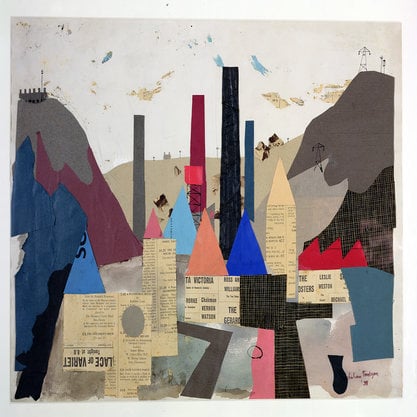Article
Bergelson, Dovid (1884–1952) By Koenig, Raphael
Article
Dovid Bergelson was a major Yiddish prose writer and essayist. He had a lasting impact on Yiddish fiction writing, introducing new narrative techniques such as free indirect discourse. He brought literary creation in Yiddish to new heights, appropriating the language for the purposes of an Impressionist, high literary style. He was also a prolific essayist, committed to the notion of the social role of the writer, and to the ideals of Yiddishism, the creation of a new secular Yiddish culture in the name of a Jewish national project rooted in Eastern Europe and distinct from Zionism. These political ideals partly explain Bergelson’s conversion to Soviet state socialism in 1926: in his view, the Soviet Union was the only place compatible with the Yiddishist project. He settled there permanently in 1934. His later literary production radically differed from his earlier writings, and conformed to the doctrine of Socialist Realism. In 1942, he joined the Jewish Anti-Fascist Committee, supporting the Soviet war effort against Nazi Germany. After the war, Stalin turned against the Committee. Bergelson was arrested in 1949, then executed on 12 August 1952, together with twelve other Jewish writers and intellectuals.



